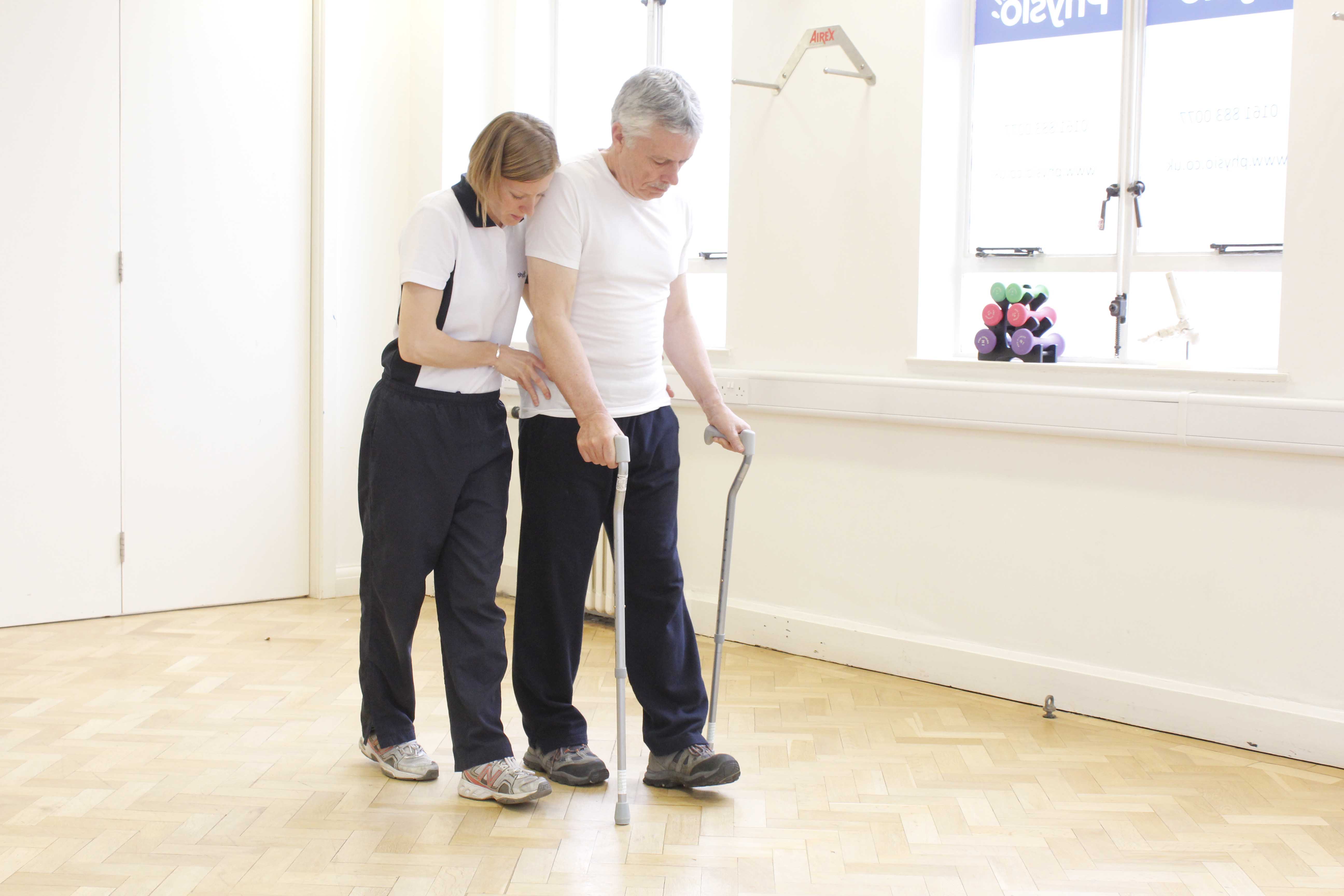What is Charcot-Marie-Tooth disease?
Charcot-Marie-Tooth Disease orCMT is an inherited neurological disorder affecting the motor and sensory peripheral nerves in the body. It is described as a group of conditionsin which damage to the peripheral nerves results in muscle weakness and reduced sensation in the legs, feet and hands. Other names for this disorder include Hereditary Motor and Sensory Neuropathy (HMSN), Hereditary Sensorimotor Neuropathy (HSMN), or Peroneal Muscular Atrophy.
Diagnosis of CMT
Symptoms that lead to a diagnosis can include clumsiness, lack of agility, poor balance and fatigue. An electrical stimulation test is often very useful in making a diagnosis which measures the strength and speed of electrical signals moving down the peripheral nerves.This can be carried out by a paediatrician or a neurologist.The most common forms of CMT are inherited so it is important to tell your doctor about any family history since if there is a strong inherited link then a DNA test can be carried out.
 Above: Mobilisation exercises using walking sticks supervised by a neuro physiotherapist
Above: Mobilisation exercises using walking sticks supervised by a neuro physiotherapistWhat causes CMT?
CMT is the most common inherited neurological disorder and the onset of symptoms is most often in adolescence or early adulthood, however, onset may occur in mid-adulthood. CMT leads to deterioration in the peripheral nerves. Peripheral nerves are in the limbs and are composed of motor and sensory nerve fibres. It is only the peripheral nervous system that is affected by CMT.
Peripheral nerves are made up of axons wrapped in insulating material known as myelin. If the myelin becomes damaged, the signals tend to be conducted more slowly than normal. If the axons are damaged, the speed of conduction is normal but the strength of the signal is reduced.
There are two common types of CMT:
- Type 1 - Demyelinating CMT
- Type 11 - Axonal CMT.
What are the effects / symptoms of CMT?
CMT is a slow progressive disorder and often presents at the time of the growth spurt associated with puberty.
Damage to the peroneal nerve which controls the muscles in the calves is common. The first signs of CMT are:
- Slight difficulty in walking
- Muscle wasting and weakness in leg
- Foot deformities such as a high arch bending of the toes
- Foot drop
- Recurring ankle sprains
- Poor balance
- Numbness and reduced sensation in the hands
- Cold hands
- Muscle shortening and weakness of the wrists and hands
- Fatigue
- Reduced strength and dexterity affecting everyday tasks
- Nerve pain
- Curvature of the spine (in few cases)
- Respiratory problems (in few cases)
Physiotherapy for CMT
A patient with CMT should consult a neurological physiotherapist. Physio.co.uk provide specialised care tailored to your needs that can help you reach your goals and improve your quality of life.
Our physiotherapists understand the difficulties experienced by people with CMT and our aim is to help promote the independence of patients with CMT.
The neurological physiotherapists at Physio.co.uk will teach you (and your family members / carers if appropriate) exercise based and ‘hands on’ physiotherapy that can help:
- Promote muscle strength and length
- Promote healthy joint positions
- Manage pain associated with CMT
- Increase energy levels
- Promote balance
- Promote independence
- Reduce risk of falling
- Improve quality of life
- Muscle strength training to keep muscles stronger for as long as possible, facilitating everyday activities such as walking
- Muscle stretching to help lengthen tight muscles and reduce stiffness
- Exercises to build stamina and reduce fatigue
- Exercises to promote coordination and balance
- Walking to help limit muscle shortening
- Ankle braces or orthotic devices to aid everyday activities and minimise injury
- Hydrotherapy can help people with CMT do exercise that may not be possible on land
To arrange a physiotherapy appointment call Physio.co.uk on 0330 088 7800, book online or alternatively request a free phone consultation.

 0330 088 7800
0330 088 7800

































